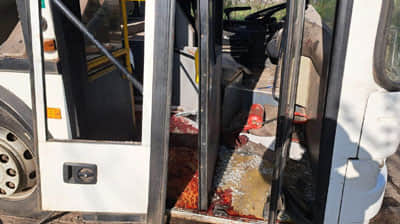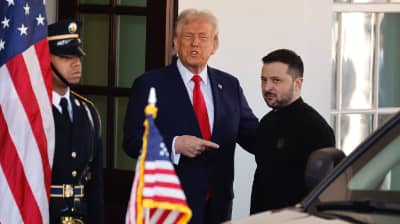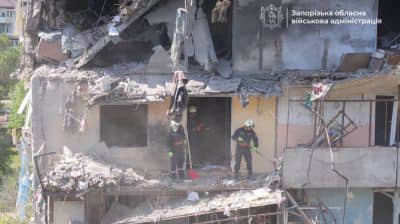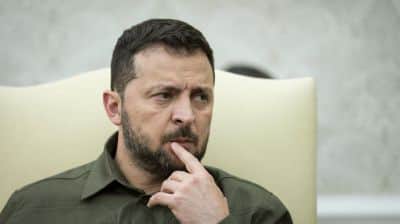Russia has significant reserves of old weapons to wage war despite its military industry degrading
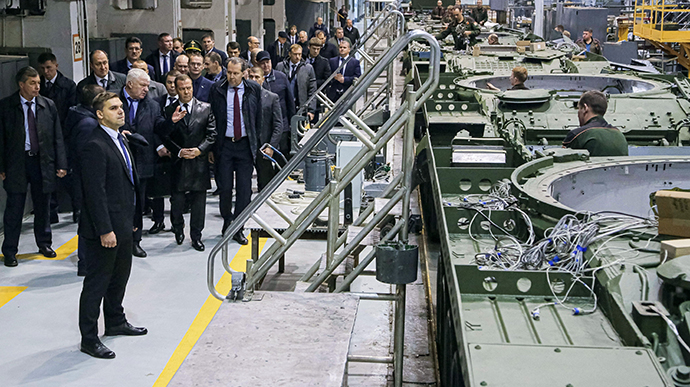
Experts from the Center for Strategic and International Studies (CSIS) in their analytical report Out of Stock? Assessing the Impact of Sanctions on Russia's Defence Industry have analysed the impact of sanctions on the Russian defence industry and the Kremlin's military capabilities to continue the war.
Source: Ukrainian branch of the Voice of America
Details: The report focuses on Russia's attempts to bypass sanctions and the steps it has taken to do so. It focuses on the supply and production of weapons and systems, including tanks, missiles, aircraft, UAVs and electronic warfare systems.
The authors of the report have also considered the issue of restrictions on the sale of key foreign components necessary for the production of weapons and Russian defence technologies, such as optics, bearings, machine tools, engines and microchips.
Experts have also noted the Kremlin's efforts to substitute imports.
According to US intelligence cited in the report, export controls have impaired Russia's ability to replace more than 6,000 pieces of military equipment since February 2022. In addition, key defence industry facilities have been forced to suspend production, and there is a shortage of critical components for tanks and aircraft.
However, the Kremlin, according to the report, has shown no signs of abandoning its main goal – the occupation of Ukraine – so the West continues to adjust its actions to impose the broadest sanctions against Russia to date, analysts say.
Max Bergmann, director of the CSIS Centre, has said during an online discussion on the report's findings that sanctions have a tangible impact on Russia and the Russian defence industry. However, they should not be seen as a magic wand that will end the war or simply change the course of events on the battlefield.
In his opinion, Russia has demonstrated extraordinary skill and resilience when it comes to acquiring components that are officially banned from export. In addition, Russia still has significant reserves. And countries willing to supply Moscow with dual-use goods and technologies (components of which can be reoriented to the defence industry) through a network of illegal supply chains are coming to the rescue.
"In the end, we see the quality of Russian equipment falling, while we hope to see the quality of Ukrainian equipment rising as it receives more and more supplies from partners," Bergmann concluded.
Journalists fight on their own frontline. Support Ukrainska Pravda or become our patron!
